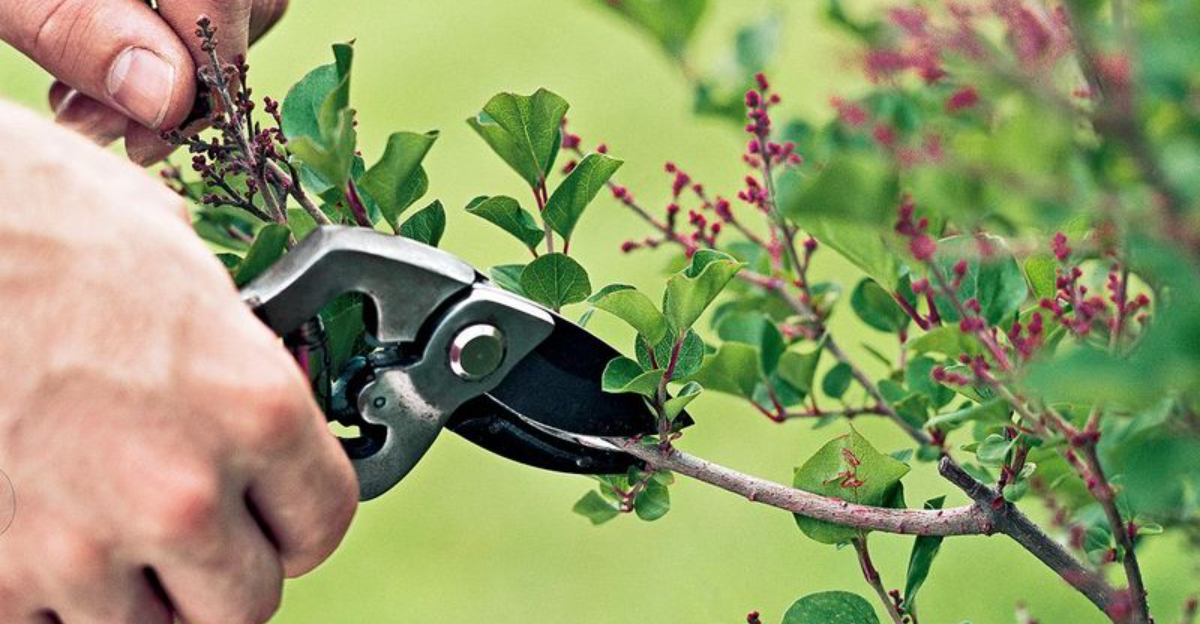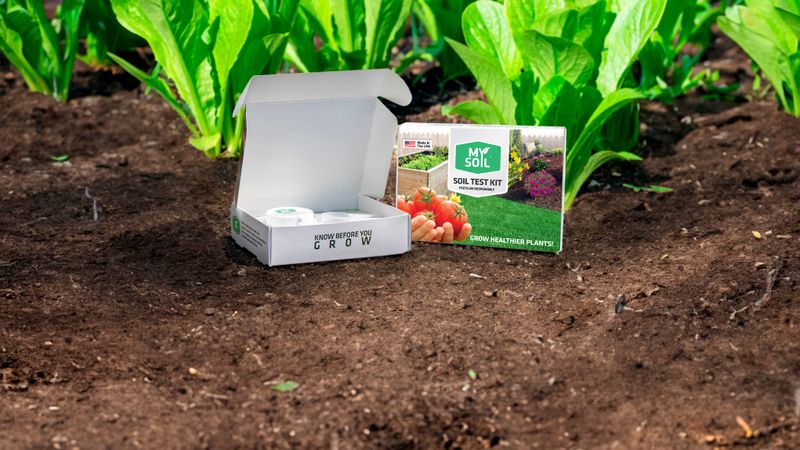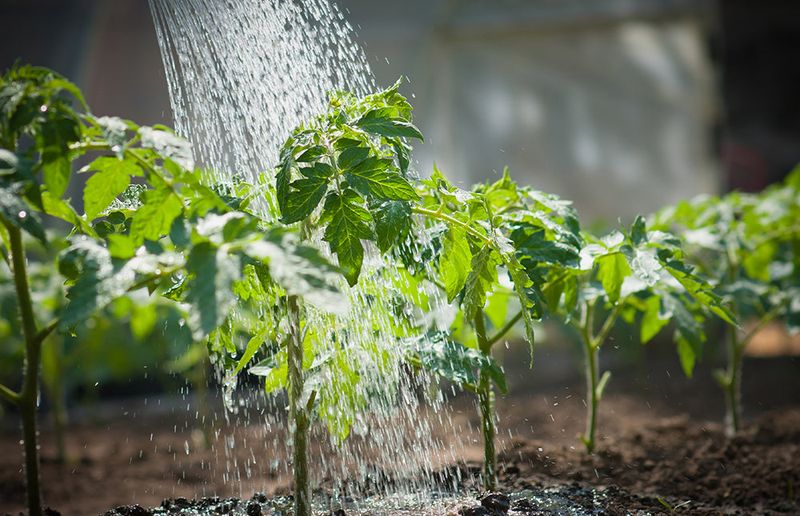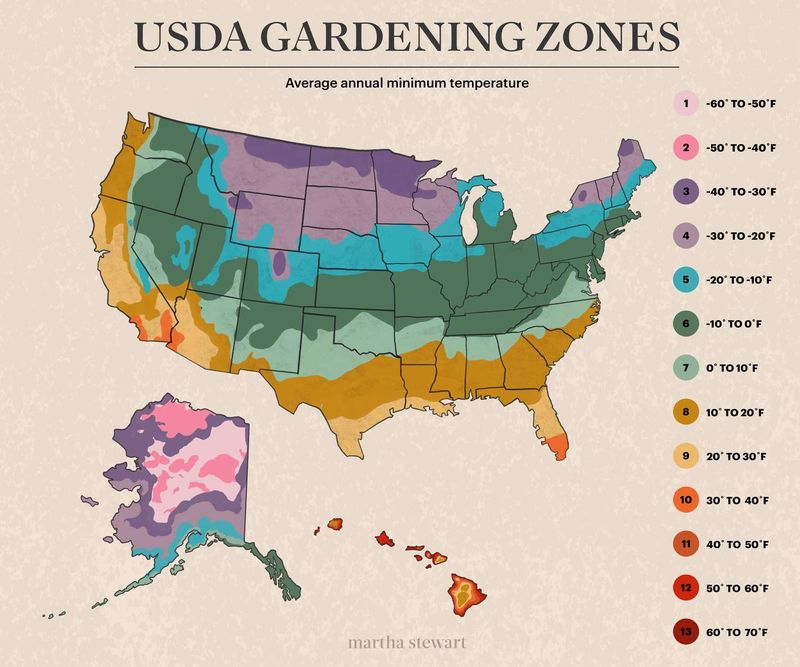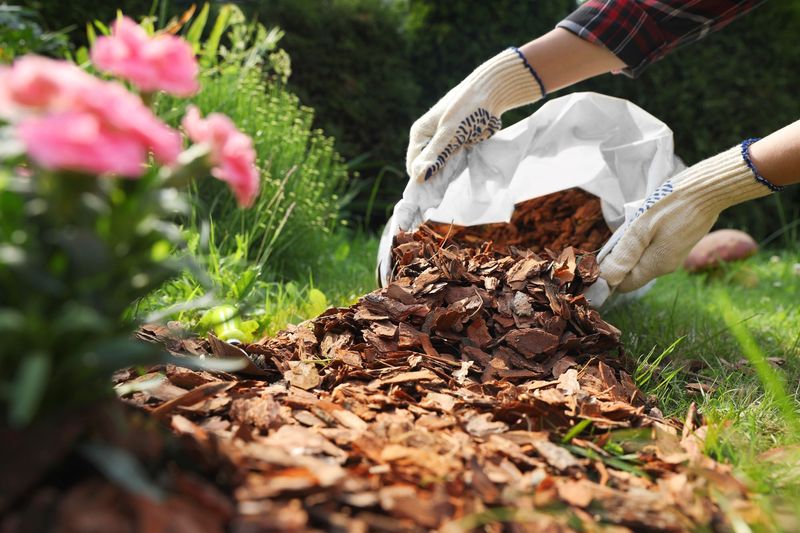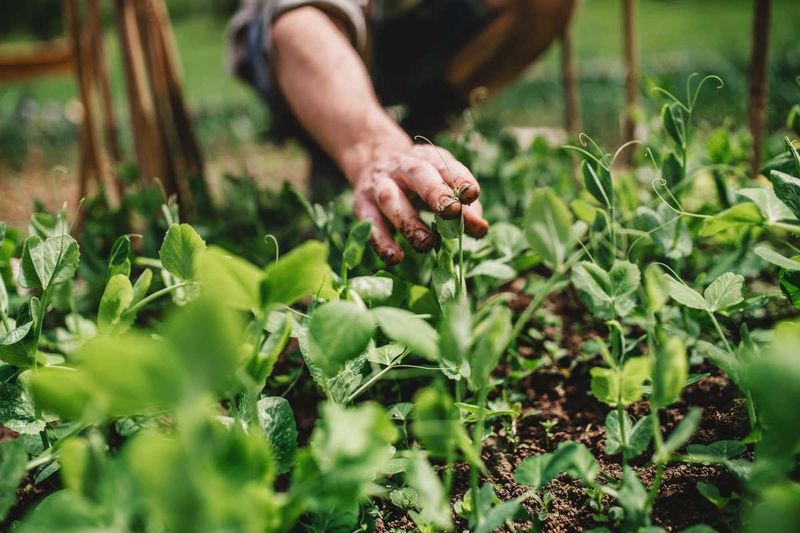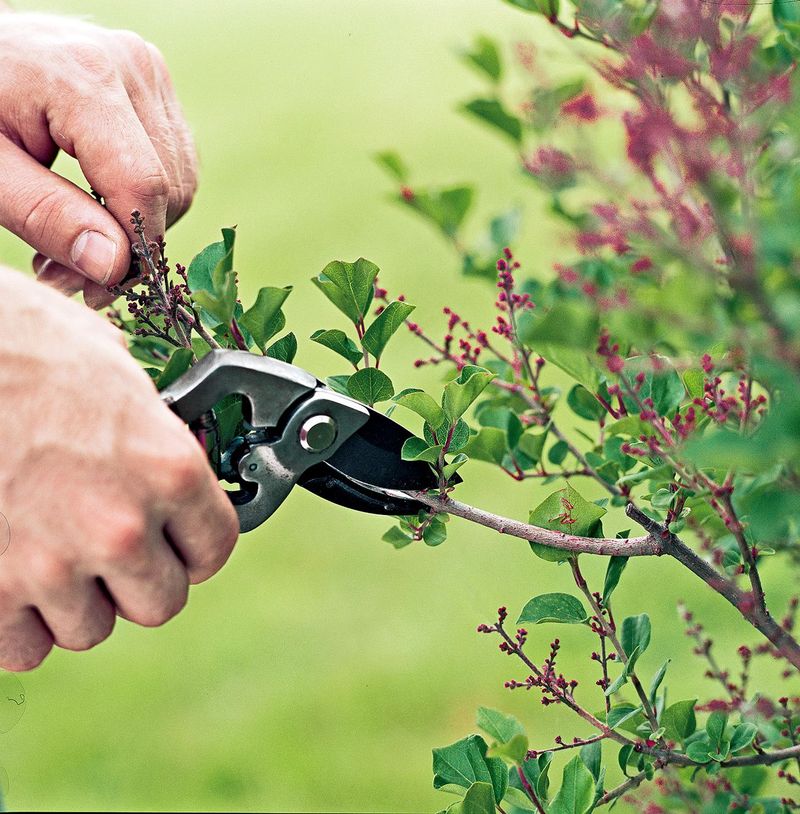Gardening is a rewarding hobby, but achieving a thriving garden requires some know-how.
Here are some essential tips on what to avoid and what to do instead for lush, healthy plants.
1. Avoid Guessing What Your Soil Needs
Guessing your soil’s needs is like baking without a recipe. Before planting, test the soil’s pH and nutrient levels. This vital step helps you choose suitable amendments and fertilizers, setting a strong foundation for plant health.
Different plants thrive in different soil conditions. By understanding your garden’s specific needs, you can tailor your approach.
A soil test is a gardener’s secret weapon, revealing what lies beneath and ensuring your plants have the nourishment they need to flourish. Don’t leave it to chance; be soil-smart!
2. Avoid Watering Lightly Every Day
Light watering is a recipe for shallow roots and thirsty plants. Instead, embrace deep watering. This technique encourages roots to reach deeper into the soil, making plants more drought-tolerant and resilient.
By watering less frequently but more thoroughly, you nurture a robust root system. This approach not only saves water but also fosters a garden that’s lush and vibrant. Give your plants the deep drink they crave and watch them thrive!
3. Avoid Planting Without Checking Your Climate Zone
Choosing plants without considering your climate zone is like wearing a winter coat in summer. Check your USDA hardiness zone before planting to ensure you select the right plants. This simple step can drastically improve your garden’s success rate.
Plants suited to your local conditions grow stronger and require less maintenance. By aligning your garden with nature’s cues, you create a harmonious environment where plants can thrive effortlessly. Make climate compatibility your gardening mantra!
4. Avoid Leaving Soil Bare
Bare soil is an open invitation to weeds and moisture loss. Cover it with mulch, and your garden will thank you. Mulch retains soil moisture, suppresses weeds, and gradually improves soil health. It acts as a protective barrier, keeping roots cool in summer and insulated in winter.
Plus, as mulch decomposes, it enriches the soil, providing essential nutrients. With a variety of mulching materials available, you can choose what best suits your garden. Think of mulch as your garden’s cozy blanket!
5. Avoid Replanting the Same Crops in the Same Spot
Replanting the same crops invites soil nutrient depletion and pests. Rotate your crops each season to keep the soil balanced and reduce disease risks. This ancient practice ensures that no single plant type monopolizes the soil’s resources.
By rotating crops, you break pest life cycles and improve soil structure. Each plant family brings different benefits, making your garden more resilient. Crop rotation is the secret handshake of seasoned gardeners. Join the club!
6. Avoid Letting Plants Get Overgrown or Wild
Overgrown plants are a jungle waiting to happen. Regular pruning keeps your garden in check, promoting airflow and reducing disease risks. Pruning helps plants focus their energy on healthy growth, boosting productivity.
By removing dead or diseased parts, you make space for new growth and sunlight. A well-maintained garden is both beautiful and bountiful. Make pruning a habit, and watch your garden transform into a sanctuary of health and beauty!
7. Avoid Over-Fertilizing
More isn’t always better, especially with fertilizer. Over-fertilizing can burn roots and spur excessive leaf growth at the expense of flowers and fruits. Use a balanced fertilizer according to your plant’s specific needs.
This approach prevents nutrient overload and encourages steady, healthy growth. Fertilizing should be a mindful act, not a random guess. By understanding your plants’ needs, you ensure they receive what they need and nothing more. Consider it the art of fertilizer finesse!
8. Avoid Ignoring Signs of Pests or Disease
In gardening, ignorance is not bliss. Keep an eye out for the first signs of pests or disease. Early detection and intervention can save your garden from potential disaster. Regular inspections allow you to catch problems early and take action.
This proactive approach maintains a healthy garden and prevents issues from spreading. Think of yourself as the guardian of your garden, always on the lookout for threats. Your plants will thank you for your vigilance!
